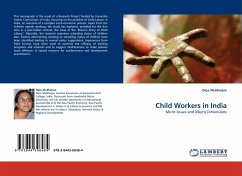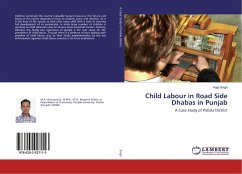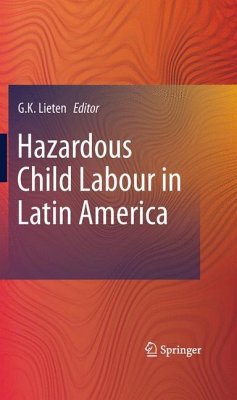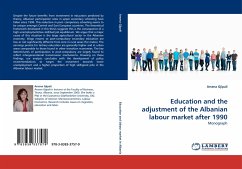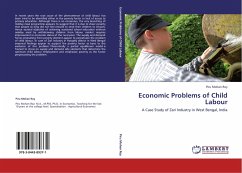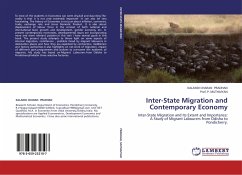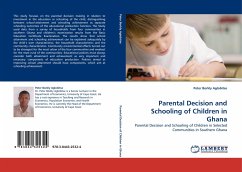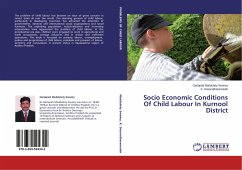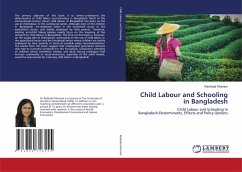
Child Labour and Schooling in Bangladesh
Child Labour and Schooling in Bangladesh:Determinants, Effects and Policy Options
Versandkostenfrei!
Versandfertig in 6-10 Tagen
52,99 €
inkl. MwSt.

PAYBACK Punkte
26 °P sammeln!
The primary objective of this book is to better understand the determinants of child labour and schooling in Bangladesh. Much of the international concern about child labour in Bangladesh has been on the use of child labour in the commercial sector, although most of the children in Bangladesh are employed either in the household sector or the agricultural sector, and mainly employed by their parents. Therefore, existing anti-child labour policies mainly focus on the lowering of the demand for child labour in Bangladesh. The focus of this book is, however, on the supply side of child labour, pa...
The primary objective of this book is to better understand the determinants of child labour and schooling in Bangladesh. Much of the international concern about child labour in Bangladesh has been on the use of child labour in the commercial sector, although most of the children in Bangladesh are employed either in the household sector or the agricultural sector, and mainly employed by their parents. Therefore, existing anti-child labour policies mainly focus on the lowering of the demand for child labour in Bangladesh. The focus of this book is, however, on the supply side of child labour, particularly on the use of child labour in the agricultural sector and the household sector where children are mainly employed by their parents. In terms of possible policy recommendations, the results from this book suggest that employment generation schemes that lead to economic prosperity for the household, compulsory schooling of children, school enrolment subsidy, and adult literacy campaigns that increase community or social awareness, especially of the adult female, would be appropriate for reducing child labour in Bangladesh.



